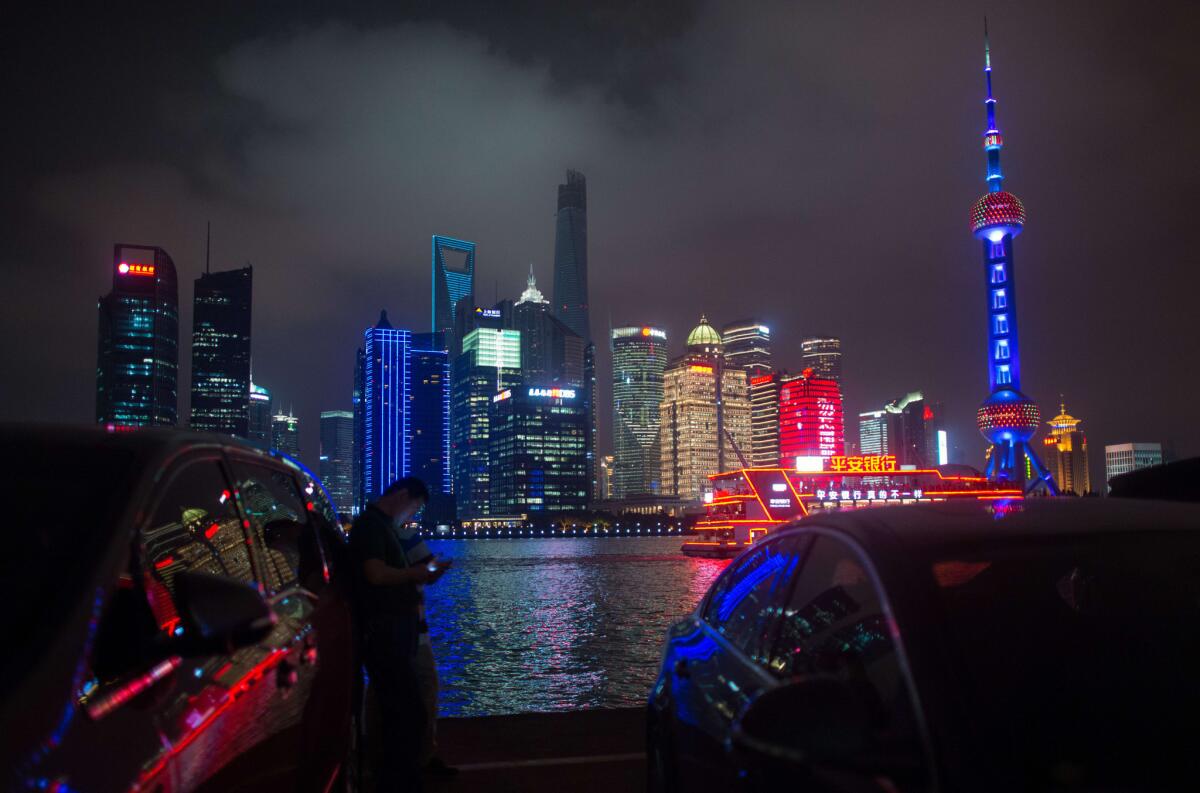Chinese TV censor’s conviction points to ‘common’ bribery problem

Reporting from Beijing — It’s a fact of life in the Chinese media world: If you want to get on the air, you first must pass the censors. But recent events show that getting approved might be as easy as signing a check.
A censor within the State Administration for Press, Publication, Radio, Film and Television (SAPPRFT), Li Ning, was convicted Aug. 11 of taking bribes of nearly $49,000 from producers in exchange for helping them get permits for their shows, the Beijing-based newspaper Legal Mirror reported this week. The powerful agency oversees everything from radio programs to film and television broadcasts. Li had allegedly been taking bribes since he began working as a censor back in 2006. He was reportedly sentenced to 10½ years in prison.
SAPPRFT, which is directly controlled by China’s Cabinet, is intended to maintain Chinese media’s squeaky-clean image of morality, political stability and social harmony. But the arcane process of getting certification leaves a wide berth for unscrupulous officials to profit.
“It is common to bribe censors. The watchdog issued so many complicated regulations on TV series that [companies] can’t properly handle all the small details,” said Ying Xiaoqiang, a media observer in Hangzhou, in the state-run newspaper Global Times.
This is not the first time SAPPRFT has been in the limelight for corruption. The head of the agency’s Internet communications management department, Yang Peihong, was sentenced to three years in prison in 2010 for accepting bribes worth more than $6,000. That same year, the country’s national auditors named the bureau the second-most corrupt government agency for holding over $21 million in violation of financial management rules.
Bribery can take a number of forms. Censors take an important position in helping production companies interpret the regulations. Censors’ guidance can cut down on script revisions, minimize losses and reduce wait times for approval, which can delay production for months.
One popular series, “In Love With Power,” was repeatedly rejected until Li provided some “tips,” according to the Legal Mirror. The producers showed their gratitude with a gift of $8,132, prosecutors said.
Robert Cain, a partner in Pacific Bridge Pictures who has been doing business in China’s film industry for over 27 years, explained on his blog that SAPPRFT typically doesn’t tell filmmakers what is appropriate. Rather, the agency advises them on what they can’t do -- and the rules keep changing.
China’s media industry, too, has long been tainted by accusations of corruption. Journalists at the 21st Century Business Herald, a major Chinese business news website, were recently detained in connection with running a racket in exchange for good press. According to state media, the newspaper targeted companies that were about to go public and demanded they sign costly advertising contracts or else receive negative coverage.
More to Read
From the Oscars to the Emmys.
Get the Envelope newsletter for exclusive awards season coverage, behind-the-scenes stories from the Envelope podcast and columnist Glenn Whipp’s must-read analysis.
You may occasionally receive promotional content from the Los Angeles Times.






